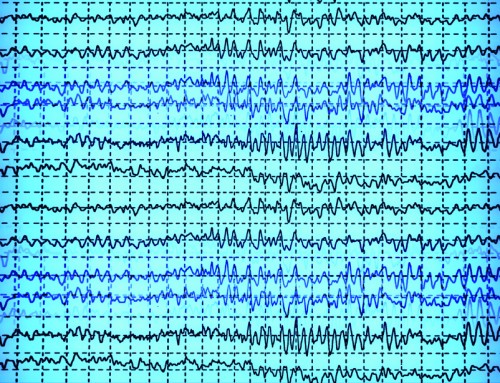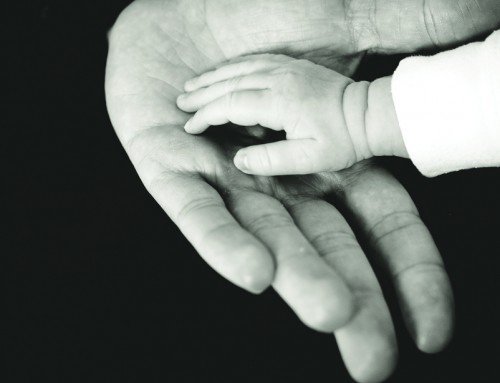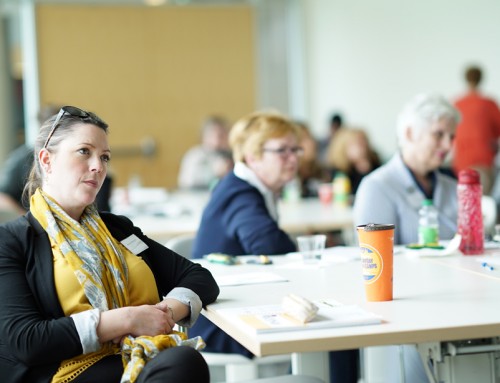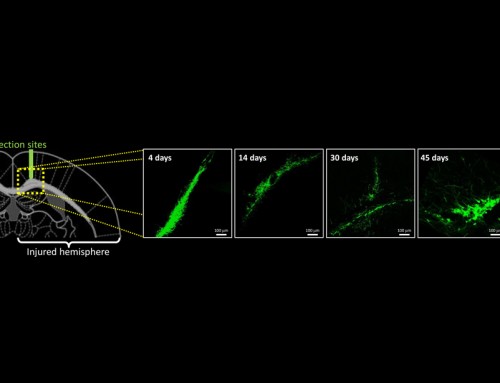Project Description
Challenge
The words we use to describe disabilities reflect and affect how we perceive them. There has been a lot of discussions about which words are the least stigmatizing and the most empowering. However, any benefits that come out of these conversations might not always extend to people with other native languages, who make up about 44 percent of Canadians according to the latest census.
When Kids Brain Health Network’s neuroethics team tasked itself with examining ethical issues through a cross-cultural lens, this was one of the topics that piqued their interest. Another one was the fact that there is very little research into autism spectrum disorder (ASD) and cerebral palsy (CP) in Indigenous communities. This was especially the case given the amount of attention paid to fetal alcohol syndrome disorder (FASD) in these settings. This disparity, first measured by network researchers in 2014, limits Indigenous children’s access to ASD and CP diagnoses and services.
Project Summary
Investigators reviewed cultural terms, phrases, and sayings used to refer to people with disabilities in various languages and concluded that the majority were stigmatizing. The neuroethics team also interviewed health researchers working in Indigenous communities to see what changes they would recommend for the research agenda.
Results
The researchers found that there is a need to develop culturally informed interventions for neurodevelopmental disorders and recommended focusing ways to build upon Indigenous strengths and resources to foster trust and avoid reinforcing negative stereotypes.
Funding
This project was part of the larger “Neuroethics Core.” This program was funded a total of $448,170 by the Kids Brain Health Network and $31,456 by participating partners.
Team
Principal Investigators
Judy Illes, University of British Columbia
Eric Racine, Institut de recherches cliniques de Montréal
Co-investigators
Nina di Pietro, University of British Columbia
Hayami Lou, University of British Columbia
Key Personnel
Sharmin Hossain, University of British Columbia
Roxanne Caron, Institut de recherches cliniques de Montréal








